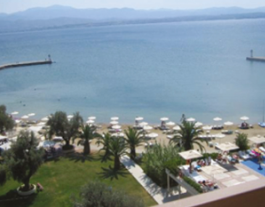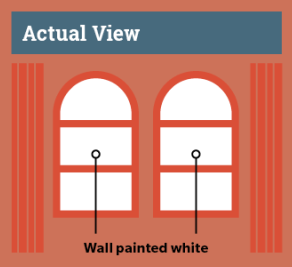In this section
We start here with a reminder of the definition. There are two different types of LTA envisaged by the 2018 PTRs:
1. The separate selection and separate payment of travel services made during a single visit to a trader's point of sale (for example, at a travel agents where the traveller selects and pays for a hotel and then, without leaving the agent, they select and then pays the agent separately for a flight) or website (for example, a traveller goes on to a website, selects and pays for a flight, and then while their still on the website, they then selects and pays separately for a hotel).
2. The second definition refers to a traveller visiting a website and after the traveller has purchased one travel service, they are 'targeted' with a cross-sell to another trader's website, where the traveller buys from that other trader within 24 hours (for example, an airline sells a traveller a flight. In the booking confirmation email, the airline invites them to book a hotel room online to go with their flight. The traveller clicks on the link and books a hotel within 24 hours of booking the flight).
The 2018 PTRs exempt the following LTAs:
- LTAs covering a period of less than 24 hours unless overnight accommodation is included
- LTAs offered occasionally and on a not-for-profit basis and only for a limited group of consumers
- LTAs purchased based on a general agreement between a travel company and another person acting for a trade, business, craft or profession for the purpose of booking travel arrangements in connection with that trade, business, craft or profession
Businesses must be very clear that they understand the difference between a package and an LTA. The LTA criteria are described on this page and should be compared with the package holiday definitions, which are described in points 1 to 6 below. Particular attention should be made to the online difference between package holiday sales and LTA sales.
1. Traditional package holidays sold by tour operators, travel agents or online traders combined by one trader and sold under a single contract.
2. Where the travel services are sold in a single booking process (a shopping-basket style of selection) where the consumer can select a range of travel services related to a single trip to create a package. The point of sale could be at a travel agent, a website or over the telephone.
3. Travel services are sold at an inclusive or total price. So, for example, an organiser puts together a selection of travel services for the same trip and sells it to the consumer for a total price.
4. The holiday is sold as a 'package' or a similar term - for example, all-inclusive or all-in arrangement.
5. Travel services are combined after the sale of the package, allowing subsequent choice (for example, gift-box style packages, such as a 'taste of the region' package) that allows the consumer to select their accommodation and meal option after the contract has been made.
6. Travel services are sold through a linked online booking process, where the consumer's name, payment details and email address are sent from the first trader they purchase from to a 'targeted' second trader, where a purchase is made no longer than 24 hours after the first service was purchased.
Businesses should compare the difference of linked online sales of a package (where the traveller's name, payment details and email are transferred to the second website and a purchase is made from the second website within 24 hours) to the linked online sale of an LTA, where the name, payment details and email are not transferred, although the sale must still be within 24 hours.
The fact that a consumer pays separately for the travel services does not mean that it is an LTA. They must select a service and book it before moving on to select and book the second and further services for the resulting trip to be an LTA rather than a package.
Case study: A room with a 'sea view'
An online bed bank gave a traveller a selection of hotels to choose from. The traveller purchased a hotel with the description, "The hotel has a wonderful sea view". The traveller clicked a link on the bed bank's website and was taken to an airline website, where they selected and paid separately for a flight. The traveller had therefore purchased an LTA. However, when the traveller arrived, they found the description of the room to be totally misleading. The picture of the hotel, which accompanied the online description, is below.

The Trading Standards authority took action when the traveller complained the room only had a sea view "painted on the wall" They are investigating the misleading nature of the bed bank's advertising, as this was not a package.

> Section 3. Information requirements
Back to top